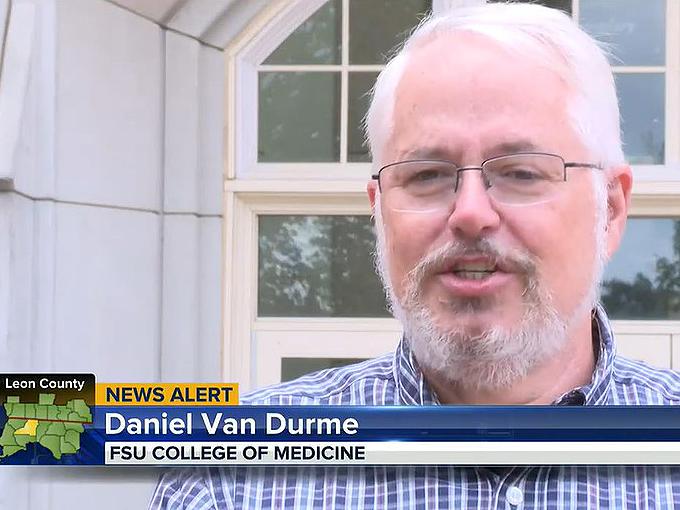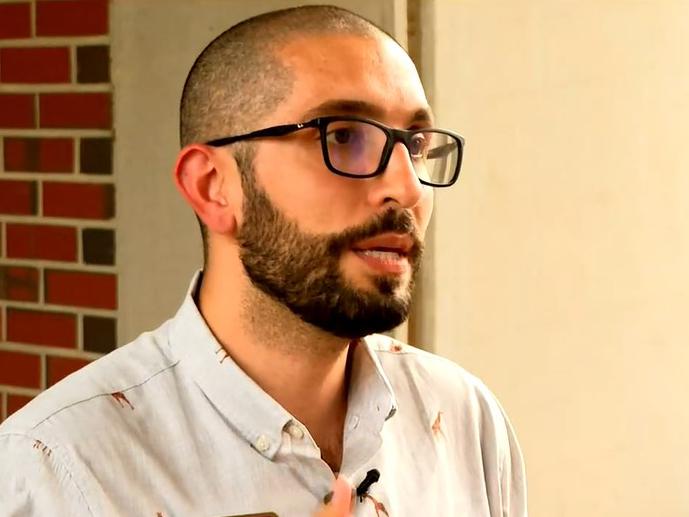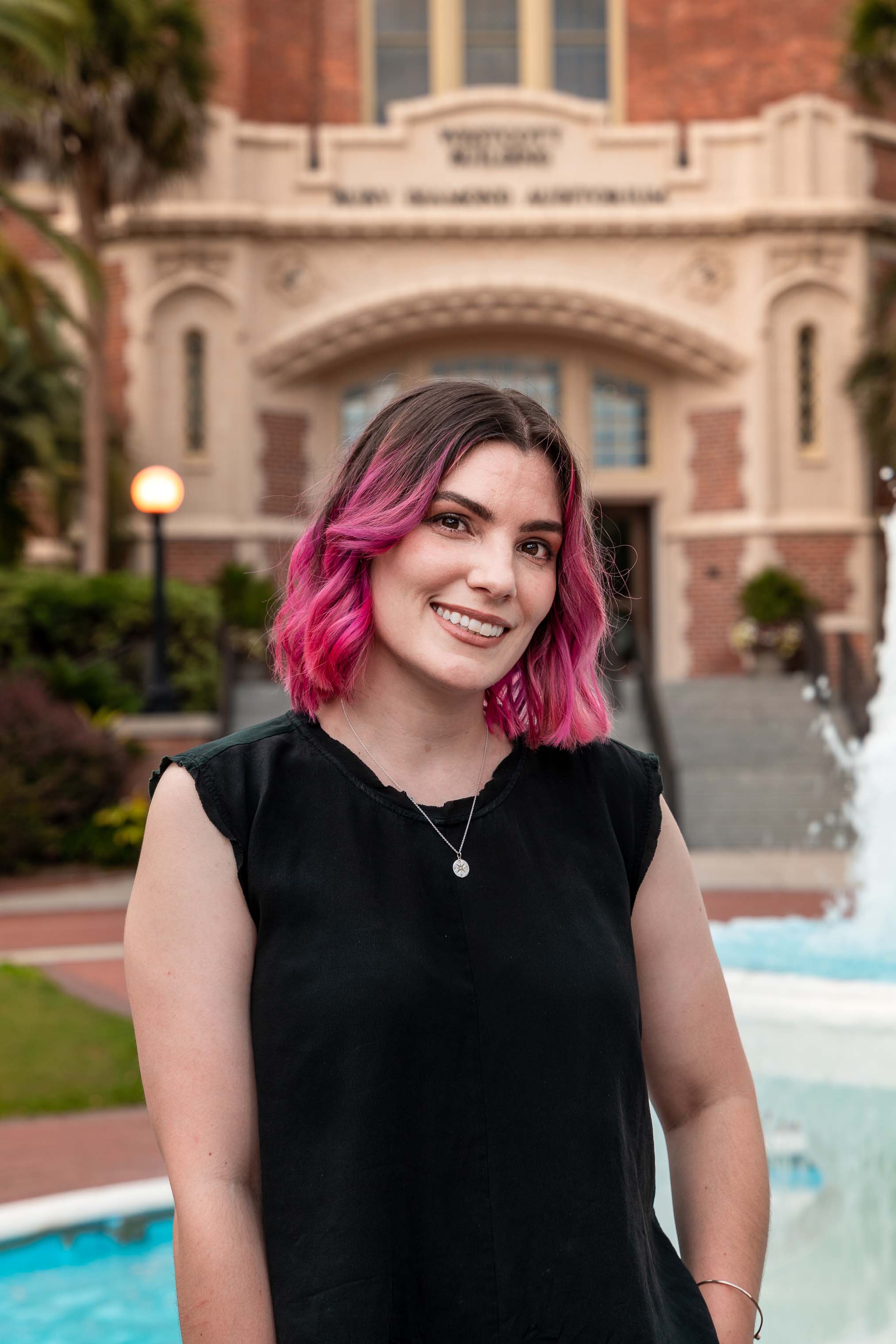BY: KATHLEEN HAUGHNEY | PUBLISHED: |
A Florida State University researcher has received a National Institutes of Health grant to investigate how daily low oxygen exposure affects weight, body composition and metabolic health.
Assistant Professor of Nutrition and Integrative Physiology Claire Berryman will receive $2.25 million over five years to examine whether a healthy, calorie restricted diet combined with sleeping in an environment that mimics oxygen levels of higher elevations can be used as an intervention to help individuals with obesity lose weight and improve health.
Berryman and her team will follow 60 participants over eight weeks. Participants will receive a tent and generator system that creates a low oxygen or a normal oxygen environment around their bed in their home. The low oxygen environment will be similar to the oxygen levels in Aspen, Colorado and the normal oxygen environment will mimic sea level.
Participants will sleep in the tent for at least eight hours each night. The idea for the research stems from work Berryman conducted as a postdoctoral researcher with the Army, looking at how body weight, energy expenditure and appetite were altered in military personnel operating at high elevation.
“Military personnel living and working at high altitude for three weeks lost more than double the amount of weight we would expect under the same conditions at sea level,” she said. “This was detrimental to a population trying to maintain body weight, muscle mass and peak performance.”
Though Berryman’s initial work had looked at personnel trying to maintain their current weight and muscle mass, she wondered how that environment could affect body fat, particularly in those struggling with weight loss.
“We want to see if overnight low oxygen exposure, when used in combination with a healthy, low calorie diet, makes weight loss easier to achieve and maintain,” she said.
There are several ways low oxygen exposure may alter body weight and metabolic health. Research has shown our bodies burn more calories while at rest in low oxygen compared to normal oxygen environments, likely due to activation of the nervous system. Researchers also have found that appetite decreases with exposure to lower oxygen levels, possibly due to increased levels of the hormone leptin. When leptin levels are increased, appetite is suppressed, making it easier to eat smaller portions. Finally, low oxygen environments have been shown to shift our body’s fuel preference to use more glucose and, over time, improve glucose and insulin concentrations.
Participants in the study will be between the ages of 22 and 45 with a body mass index between 30 and 40 kg/m2. For adults, a person with a BMI of 30 kg/m2 or more is considered obese.
Participants also will be provided with all their meals during this period to standardize food and nutrient intake.
“A big part of this intervention is the diet,” Berryman said, “We know proper diet and exercise are the cornerstone of good health. If shown to be beneficial, low oxygen exposure would be recommended in combination with diet and exercise, not as a replacement. So, we wanted to test our hypothesis in the context of current recommendations for weight loss, which include consuming a well-balanced, calorie restricted diet.”
In addition to Berryman, several other FSU researchers will contribute to this work. Professors Robert Hickner and Chester Ray and Assistant Professor Stephen Hennigar from the FSU College of Health and Human Sciences, Professor Angelina Sutin and Physician and Associate Professor Gregory Todd from the FSU College of Medicine, Associate Professor Hongyuan Cao from the FSU College of Arts and Sciences, and Professor Eric Ravussin from the Pennington Biomedical Research Center are co-investigators on the grant.






